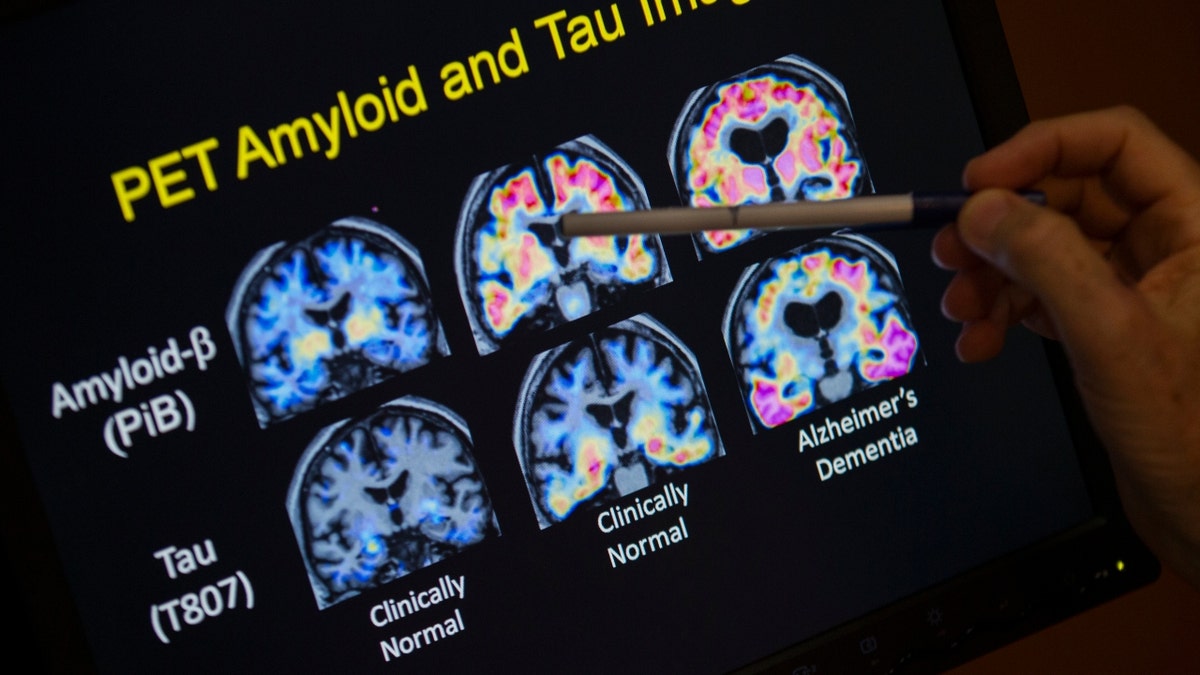Brain-eating amoeba case reported in Florida
The Florida Department of Health confirmed that one person in Hillsborough County has been infected with a water-borne microscopic single-celled amoeba that attacks the brain.
A cap used to zap the brain with electrodes appeared to improve short-term memory for adults older than 65, according to a new study.
Researchers who published the study in the journal Nature Neuroscience on Monday believe the technology may have the potential to curve the risk of dementia and other memory loss diseases. However, despite the enthusiasm from scientists, more research is still needed before it can be widely distributed.
The study used 150 participants between ages 65-88 who had not been diagnosed with a neurological disorder. While asking them to recall five lists of 20 words, the participants were zapped with a mild electrical current to their brain using the cap. The process took 20 minutes and was done over the course of four consecutive days.
The memory of the participants improved by over 50% compared to the placebo group who did not receive the treatment. The study found that the group was able to recall four to six more words than the placebo participants of a similar age.
DEATHS AMONG ALZHEIMER'S PATIENTS INCREASED BY 26% DURING FIRST YEAR OF COVID-19 PANDEMIC: STUDY

Researcher's said a cap used to send electrical current to the brain improved short-term memory loss for adults older than 65. (AP Newsroom)
"It’s an unfortunate fact of life that as we age we all become a little more forgetful," said the study's author Dr. Robert Reinhart in a statement to NBC News. "Memory deficits impair our activities of daily living, planning, decision making, cognition, learning, and that can generally have a negative effect of diminishing quality of life."
Improvements were shown in both the working and long-term memory of the participants who had their brains zapped. However, the research is still in its early stages, and more studies are needed to examine how long the benefits may last.
US LIFE EXPECTANCY IN 2020 SAW BIGGEST DROP SINCE WWII
Researchers are not sure if this technique can help patients suffering from severe memory disorders such as Alzheimer's.
The CDC estimates that approximately 16 million people in the United States suffer a form of cognitive impairment, especially in adults older than 65.
